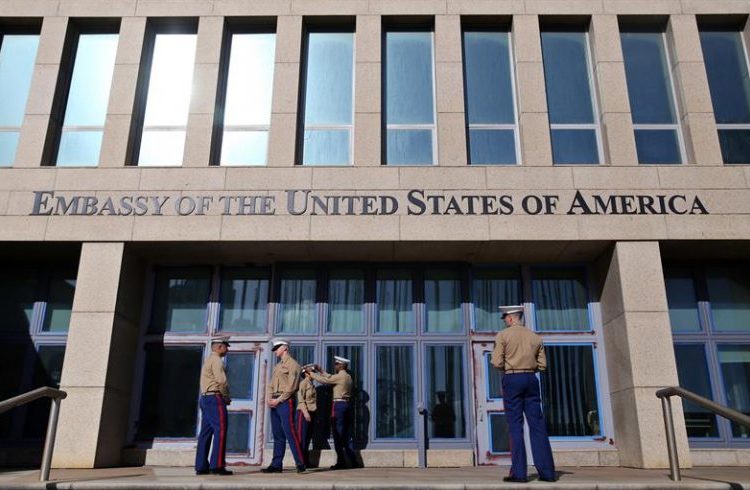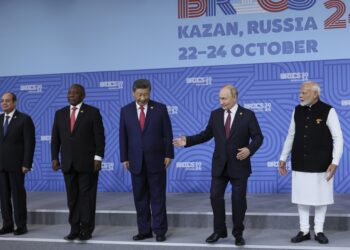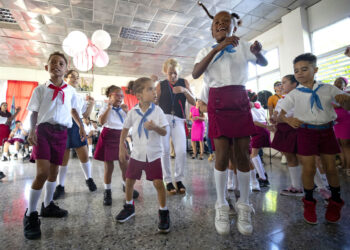The United States will maintain its embassy in Cuba with the minimum of personnel starting Sunday after the expiry of the departure status since on September 29 last year due to the alleged attacks suffered by 24 of its citizens on the island.
A “new permanent staffing plan” will take effect on March 5 with which the embassy “will continue to operate with the minimum personnel necessary,” “similar to the level of emergency staffing maintained during ordered departure,” the Department of State announced today in a media note.
“The embassy will operate as an unaccompanied post, defined as a post at which no family members are permitted to reside,” the note adds.
The embassy in Cuba will thus operate “permanently” with the “minimum personnel necessary to perform core diplomatic and consular functions.”
On September 29 last year the United States issued a warning requesting that its citizens not travel to Cuba and ordered the exit of the embassy’s non-essential personnel due to the alleged attacks suffered by its citizens on the island.
“We still do not have definitive answers on the source or cause of the attacks and an investigation into the attacks is ongoing,” the Department of State said today.
“The health, safety, and well-being of U.S. government personnel and family members are of the greatest concern for Secretary [of State Rex] Tillerson and were a key factor in the decision to reduce the number of personnel assigned to Havana,” it added in the note.
James Williams, president of the Engage Cuba coalition, said in a note that perhaps those who most lose will be hundreds of thousands of Cubans and Cuban Americans who make round trips to see their family, celebrate events and care for sick family members, since the U.S. cannot adequately process the visas and facilitate the trips. He concluded by saying that they implore Secretary Tillerson to not abandon the Cuban people in this critical moment.
U.S.-Cuba relations are going through a very delicate moment because Washington accuses Havana of knowing who perpetrated between November 2016 and August 2017 the alleged attacks against its officials – and their families – and does not tell them, in addition to not having protected them adequately, but the Cuban government denies it.
For months, the United States described these attacks as “sonic,” but in a Senate hearing last January 9 the Department of State admitted for the first time that it was not certain that they were acoustic attacks.
Apart from the officials, the Department of State has reported that 19 Americans who visited Cuba as tourists have reported since September the same symptoms as the diplomats.
EFE / OnCuba










